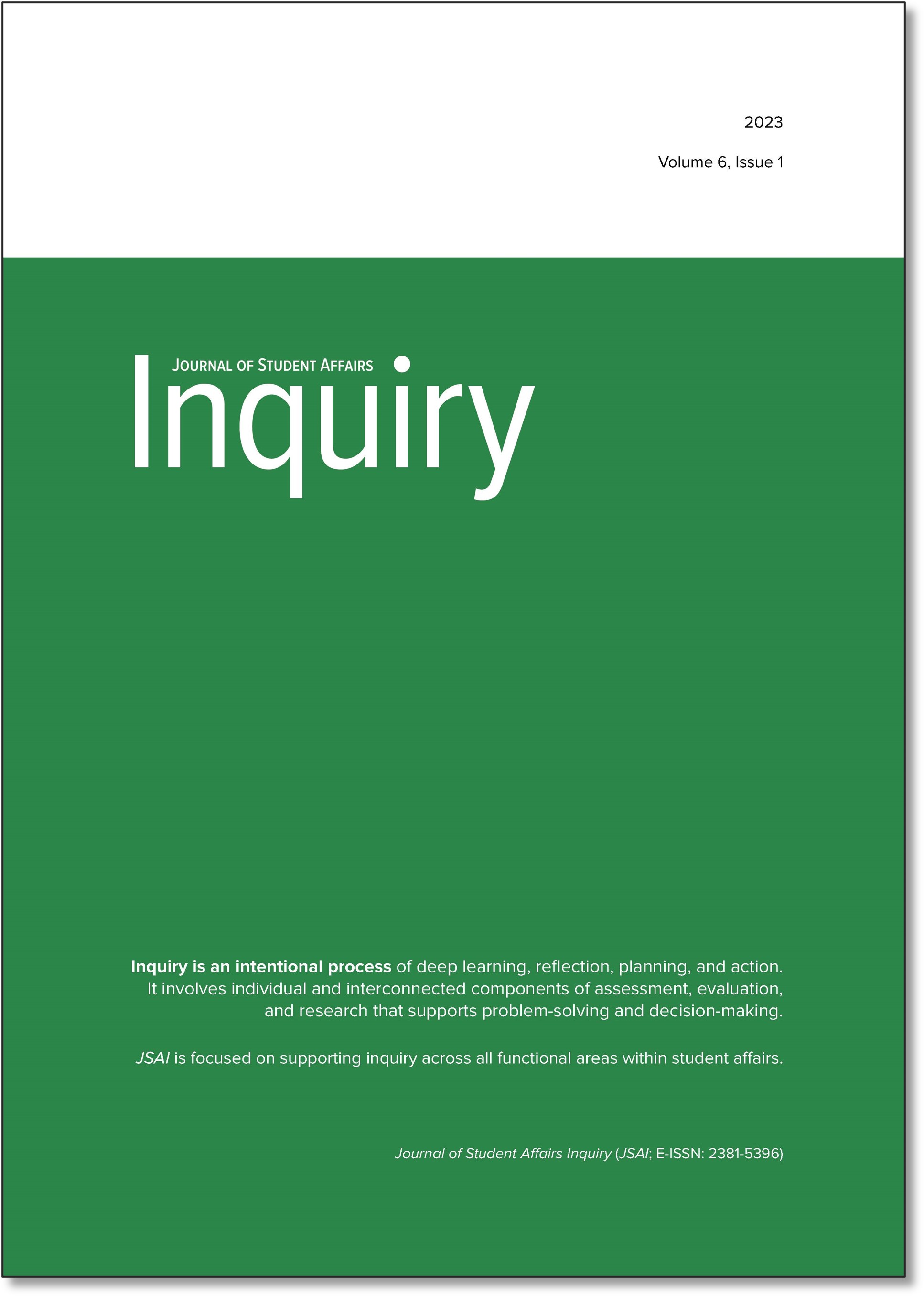Students’ Mental Well-Being During the COVID-19 Pandemic: Exploring Ways Institutions Can Foster Undergraduate Students’ Mental Well-Being
DOI:
https://doi.org/10.18060/27926Keywords:
mental health, COVID-19, mixed-methods, undergraduate studentsAbstract
College student mental health has been a concern on U.S. college campuses for decades. The COVID-19 pandemic, which started to impact operations on U.S. college campuses in March 2020, created new stressors and challenges that negatively impacted college student mental health. The purpose of this mixed-methods study was to explore the mental well-being of undergraduate students at one large, public institution in the midwestern United States during the Fall 2020 semester. We collected data via two surveys, one at the beginning and one at the end of the Fall 2020 semester, as well as interviews at the beginning of the Spring 2021 semester. Overall, participants reported significantly lower social-psychological well-being during the COVID-19 pandemic than pre-pandemic. Participants struggled with social isolation, academic challenges, and a lack of motivation. Participants appreciated opportunities to engage with others, flexible and supportive faculty, and efforts of institutional leadership to keep them safe. However, participants had mixed feelings about the way institutional safety regulations and information on resources was communicated. While some found support through on-campus counseling services, others encountered barriers when trying to seek help. By early spring 2021, many participants had developed their own strategies to proactively foster their well-being. Findings indicate a need for institutions to more proactively foster students’ well-being during and beyond the COVID-19 pandemic. Implications for practice are discussed.
Funding: This work was supported by a NASPA Region IV-East Research and Assessment Grant.


